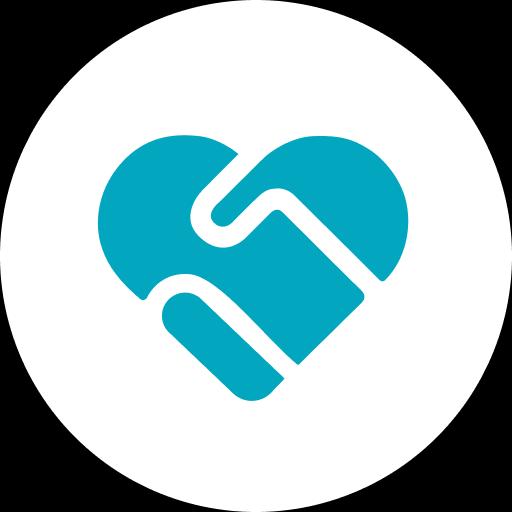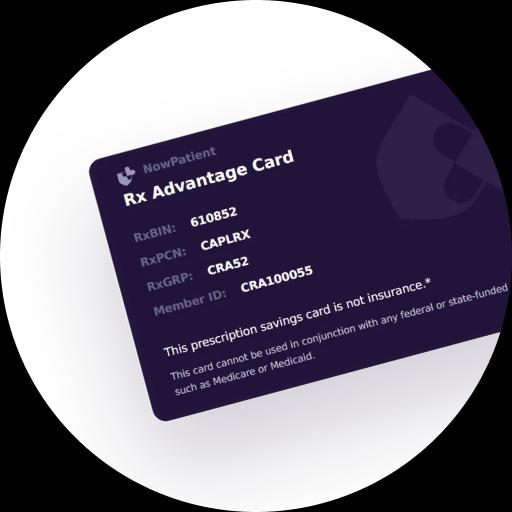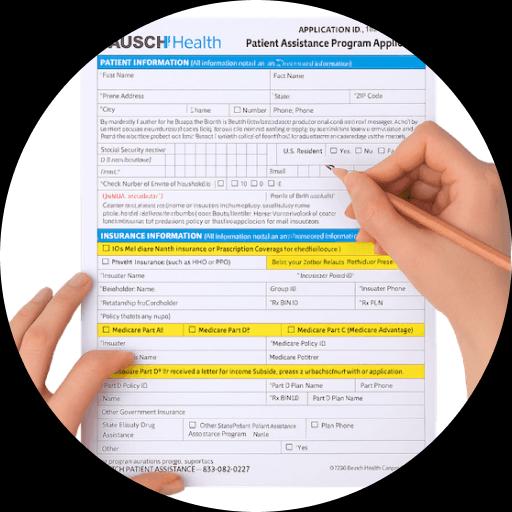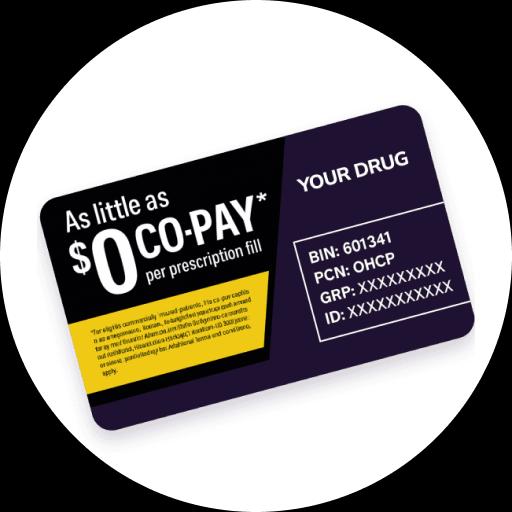Save on Vancomycin with Coupons, Discounts & Savings Programs


Start Saving Today!
Lower the Cost of Your Vancomycin Prescription
More great savings
View Related Brands
MEDICAL INFORMATION
Vancomycin Key Facts
What dosages is Vancomycin available in?
Vancomycin is available as a 250 mg and 500 mg oral capsule.
What is Vancomycin used for?
Vancomycin is a glycopeptide antibiotic and is used to treat:
Infectious diarrhea caused by Clostridioides difficile (C. diff)
Gut inflammation (enterocolitis) caused by Staphylococcus aureus (S. aureus)
How does Vancomycin work?
Vancomycin is a glycopeptide antibiotic. It kills bacteria by preventing them from making their own protective covering.
How do I take Vancomycin?
Vancomycin is dosed as follows:
Adults
- Infectious diarrhea: The typical dose is 125 mg by mouth 4 times daily for 10 days
- Inflamed gut: The typical dose is 500 mg to 2 grams by mouth daily, split into 3 or 4 doses and taken throughout the day for 7 to 10 days
Children
- Infectious diarrhea and inflamed gut: Your child’s provider will determine your child’s dose based on their body weight. The typical dose is 40 mg/kg of body weight by mouth daily, split into 3 or 4 doses and taken throughout the day for 7 to 10 days. The maximum recommended dose is 2 grams daily
Is it safe for me to take Vancomycin?
Vancomycin is a safe and effective treatment when used for FDA licensed indications. However, like all medications, they may give you unwanted side effects. You should always discuss potential side effects with your physician to ensure the medication is suitable and right for you.
Vancomycin Common Side Effects
Common side effects of Vancomycin:
- Nausea
- Stomach pain
- Low blood potassium levels
- Vomiting
- Diarrhea
- Fever
Vancomycin Serious Side Effects
Serious side effects are rare with Vancomycin. Contact your healthcare provider immediately if you experience any of the following.
- Kidney injury: feeling sick or weak, urinating less than usual, confusion, blood in urine, swelling in the legs, ankles, or feet
- Hearing problems: ringing in the ears, hearing loss, dizziness, sensation that the room is spinning
- Severe skin reaction: rash, blistering or peeling of skin, hives, painful sores in your mouth or around your eyes, fever, trouble breathing, swollen lymph nodes
- Serious allergic reactions: Chest tightness, wheezing, trouble breathing
Effects of other drugs, drug classes and over-the-counter products on Vancomycin
- No drug-drug interaction studies were conducted with VANCOCIN HC. However, always let your physician and pharmacist know about any other medications or supplements (including prescribed and over-the-counter medications, vitamins, and dietary or herbal supplements) that you are currently taking
Who makes Vancomycin?
Various FDA-approved generic manufacturers
Is Vancomycin safe in pregnancy?
It is not known if Vancomycin will harm your
unborn baby. You and your doctor will have to decide if you should take Vancomycin while you are pregnant or if you plan to become pregnant.
What is the brand name for Vancomycin?
Medical Disclaimer
NowPatient has taken all reasonable steps to ensure that all material is factually accurate, complete, and current. However, the knowledge and experience of a qualified healthcare professional should always be sought after instead of using the information on this page. Before taking any drug, you should always speak to your doctor or another qualified healthcare provider.
The information provided here about medications is subject to change and is not meant to include all uses, precautions, warnings, directions, drug interactions, allergic reactions, or negative effects. The absence of warnings or other information for a particular medication does not imply that the medication or medication combination is appropriate for all patients or for all possible purposes.
OUR CUSTOMERS VIEW
What Customers Love About Our Service
We want everyone to be happy and healthy, that’s what keeps us going. Read what some of them have to say about us.
Medicines Experts
Meet Our Medical Team
We are a broad skilled and passionate group of clinicians with experience of operating in health systems in the United Kingdom & United States. Providing excellent care and advice is at the heart of everything we do. You can read more about our medical team by visiting the medical team page or learn more about how we curate content by visiting our editorial process

























